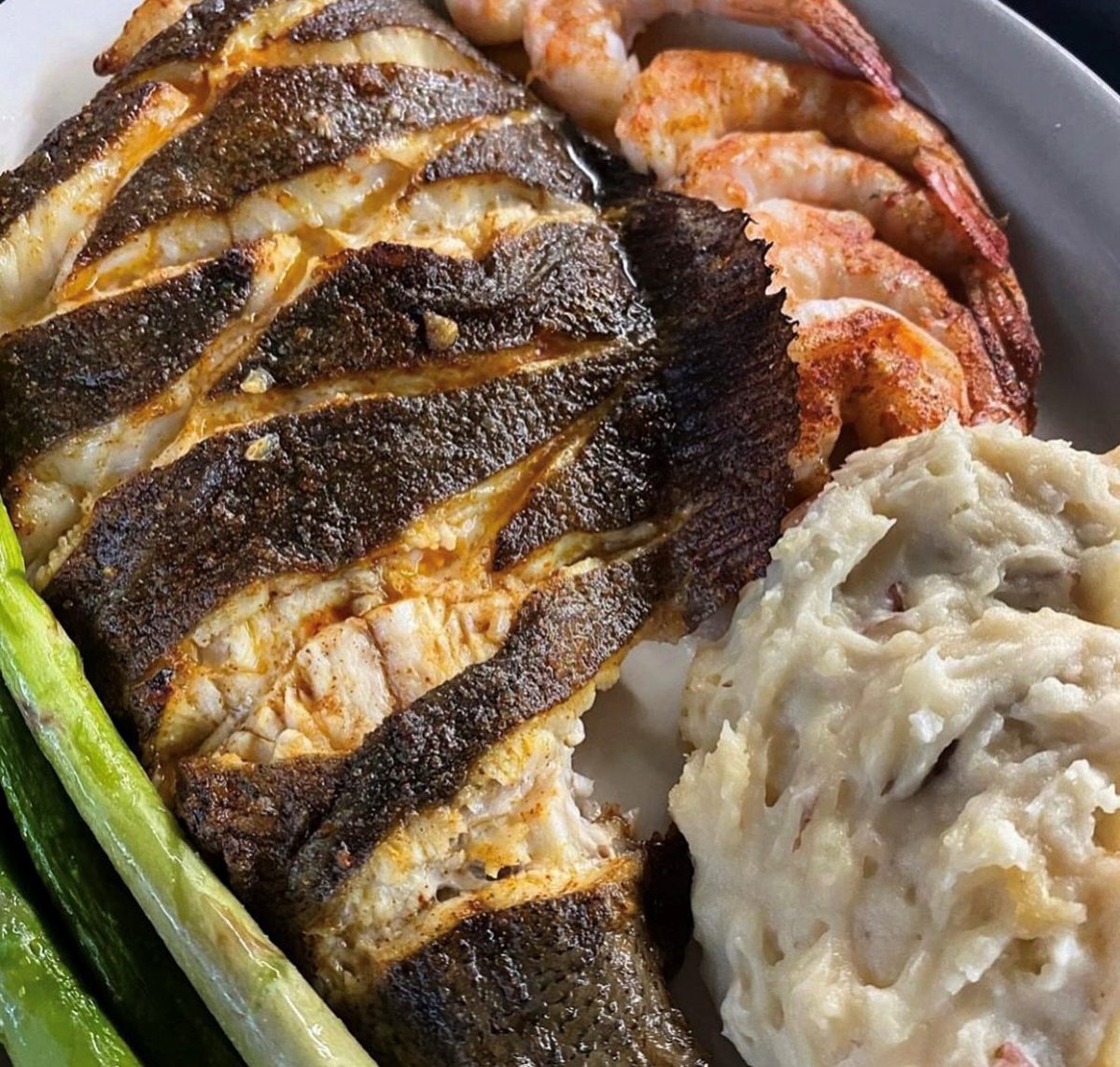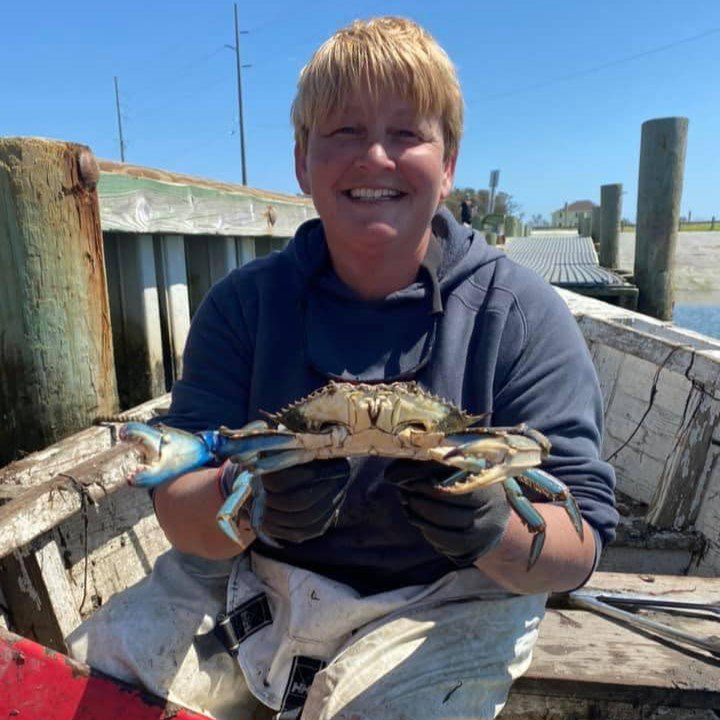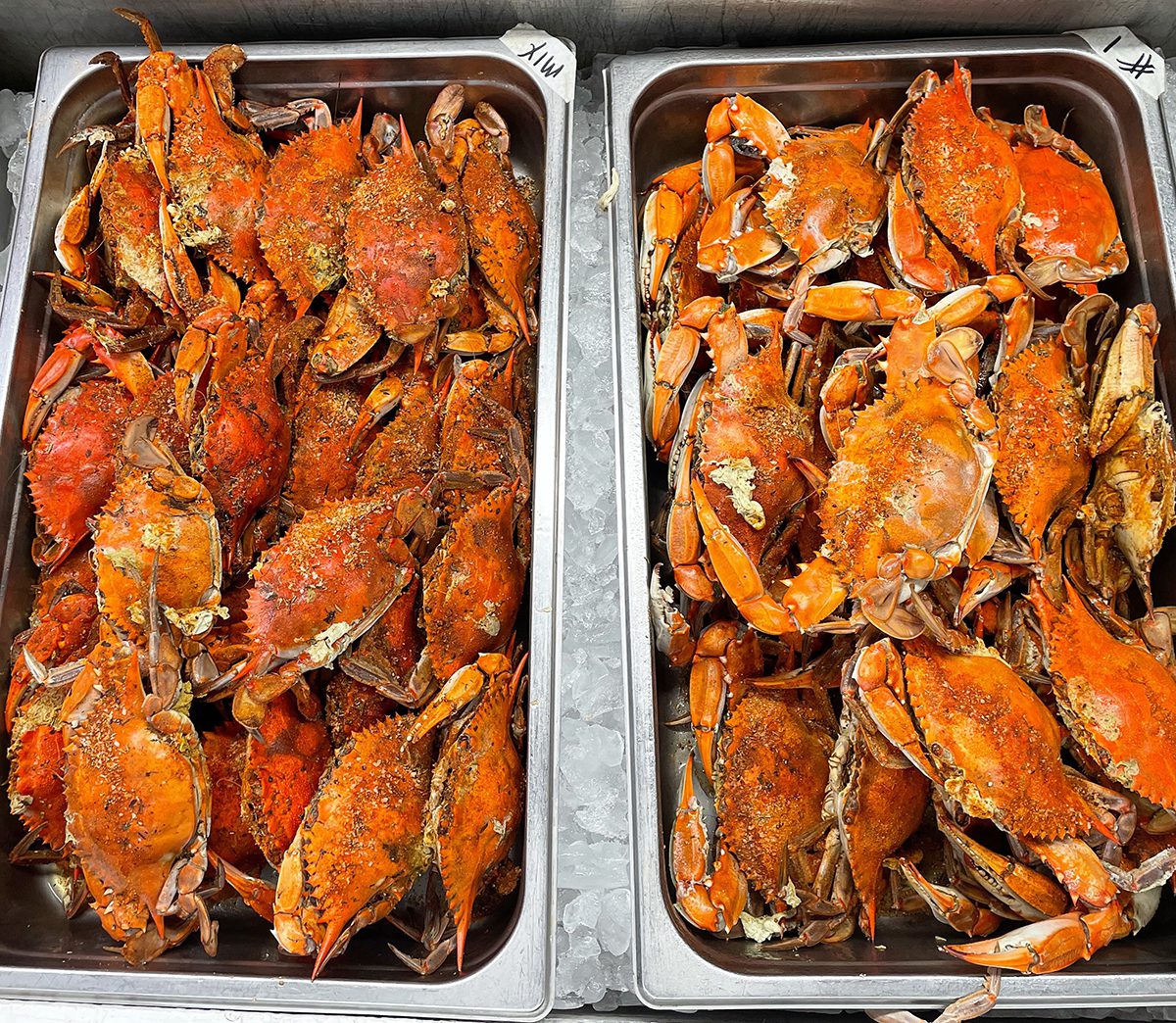From the Island Free Press
Wildlife Resources Commission approves recreational flounder season in certain waters
July 29, 2024 | Fishing | By: Sam Walker
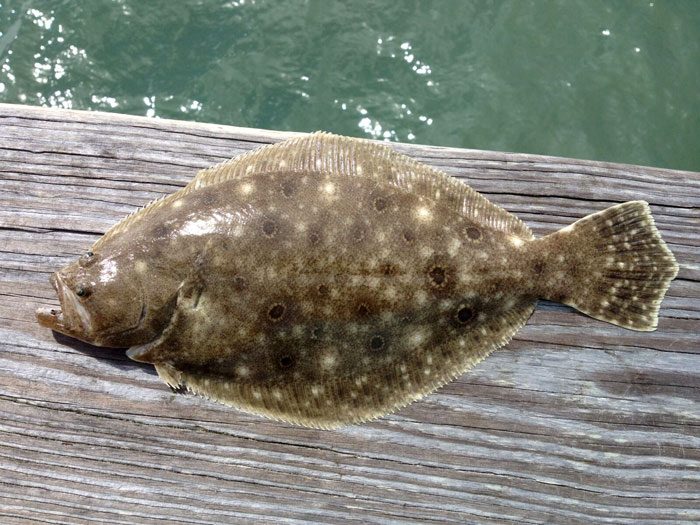
From SamWalkerOBXNews.com
The battle over whether or not there will be a recreational flounder season in North Carolina waters this year intensified last week, as the state Wildlife Resources Commission voted to open a four-day season in waters under their jurisdiction in September.
In a letter from Wildlife Resources Chairman Monty Crump to Marine Fisheries Commission Chair Rob Bizzell sent Thursday, Crump said his panel had rejected the Marine Fisheries’ proposal not to open a recreational season this year.
He also accused the Marine Fisheries Commission of siding with the commercial industry to the detriment of recreational anglers.
But the decision leaves those very same anglers in a difficult situation as to which waters they can and cannot legally keep flounder, as well as where they are even allowed to bring their catch to the dock if fishing on a boat.
North Carolina waters are regulated by two separate commissions that are composed of members who are actively involved in fishing or hunting, either recreationally or professionally.
The Marine Fisheries Commission, a nine-member panel appointed by the governor, covers the Atlantic Ocean, and the coastal sounds and rivers up to a certain geographic point.
The jurisdiction of the Wildlife Resources Commission, which has 19 members that are appointed by the governor and the General Assembly, includes parts of those same coastal sounds and rivers, known as joint waters, along with all inland waterways.
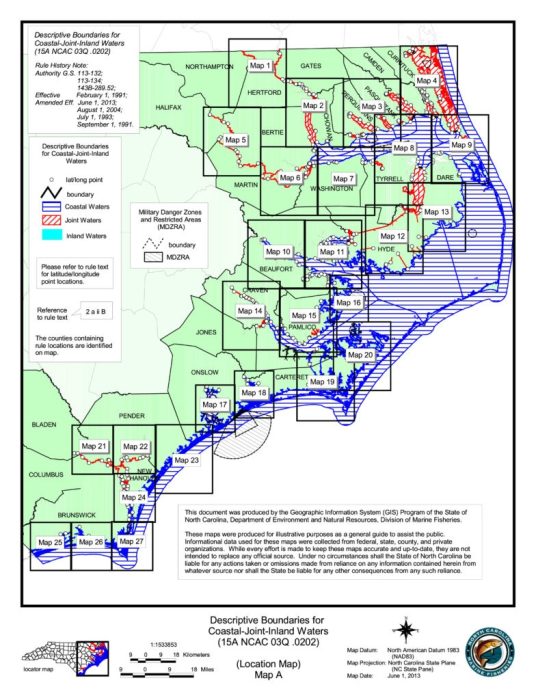
The waters marked in red are considered Joint Waters. [NCDMF map]
Certain freshwater species, such as largemouth bass and sunfish, are managed exclusively by the Wildlife Resources Commission, while saltwater species like red drum and speckled trout are managed by the Marine Fisheries Commission.
But the two commissions overlap when it comes to flounder, striped bass, and a few others that spend at least part of their lives in both of their waters.
The Marine Fisheries Commission voted in May to not allow a recreation season for any type of flounder in North Carolina’s coastal waters “in order to preserve the Southern flounder resource”, the commission said in a news release.
A roughly two-week long season has taken place in September in the northern half of the coast in recent years.
Three distinct species of flounder are found in North Carolina’s coastal waters: Summer, Gulf and Southern flounder.
While only Southern flounder are considered “overfished and overfishing is occurring” according to NCDMF, the entire flounder fishery has been impacted by the closures, in-part, because it is assumed many anglers have difficulty determining which species they have caught.
North Carolina has put strict limits on flounder fishing in recent years, including the limited seasons or outright closures, neighbors to the north and south have been much more liberal.
Recreational anglers in Virginia can keep four flounder per day that are at least 16 inches long before May 31, and 17.5 inches long after June 1. The primary species found there is Summer flounder.
South Carolina allows 5 flounder per person, per day with a minimum length of 16 inches.
Adopted by the commission in 2022, Amendment 3 to the Southern Flounder Fishery Management Plan set quotas for the recreational and commercial fisheries, based on scientific data, to end overfishing and rebuild the stock.
The N.C. Division of Marine Fisheries said in May that estimates from 2023 indicate the recreational catch exceeded the quota allowed in the plan.
There is a pound-for-pound payback if either sector goes over its quota.
During their May quarterly meeting, the Marine Fisheries Commission received an update on the recreational quota available for a recreational flounder season.
After subtracting the recreational overage from 2023, the recreational quota remaining for 2024 is not large enough to allow for a season opening.
The division said leftover quota will be used to account for the anticipated dead discards that will occur due to incidental catch and release.
The commission discussed holding a special meeting to consider alternatives to not opening a 2024 recreational season but ultimately did not move forward with that approach.
The commission did leave open the option of a season in 2025.
Crump said in his letter on Thursday that the Wildlife Resources Commission approved a recreational, hook-and-line season for September 1, 2, 7 and 8, with a daily limit of one-fish per angler with a minimum size of 15 inches.
Gigging for flounder will not be allowed during the season.
“The WRC did not make this decision lightly when considering the potential impact on the flounder resource,” Crump said.
Crump referenced a previous letter to Bizzell, saying Wildlife Resources had requested Marine Fisheries to “immediately conduct a special meeting to shift the (quota) allocation from 30% for the recreation sector to 50%, and you did not even bother to reply.”
“Our fisheries staff have calculated that a four-day season should allow recreational anglers an opportunity to harvest fish without exceeding the quota, if the allocation is shifted as we suggested,” Crump said.
While a commercial flounder season remains open in the Atlantic Ocean until September 15 or when the ocean quota reaches 80%, whichever comes first, dates for a commercial flounder season in the sounds and coastal rivers for 2024 have not been announced.
“Your inaction further cemented the idea that the MFC sees fit to implement a commercial season in 2024 while ignoring the importance of and impacts to the recreational sector,” Crump said. “The WRC has spoken again today against punishing recreational anglers, through no fault of their own, because of a biased allocation of our public trust resources.”
“It is abundantly clear that this issue is an allocation issue rather than a conservation issue,” Crump said.



